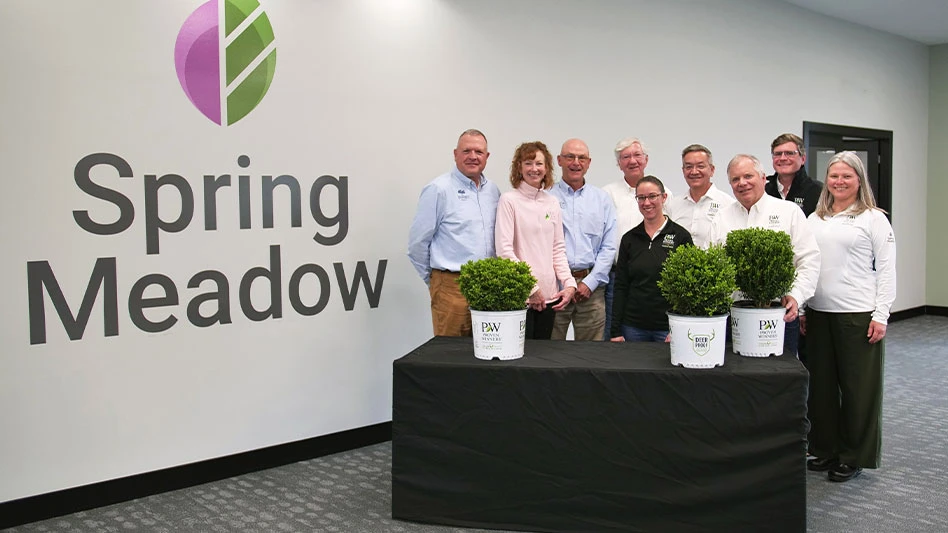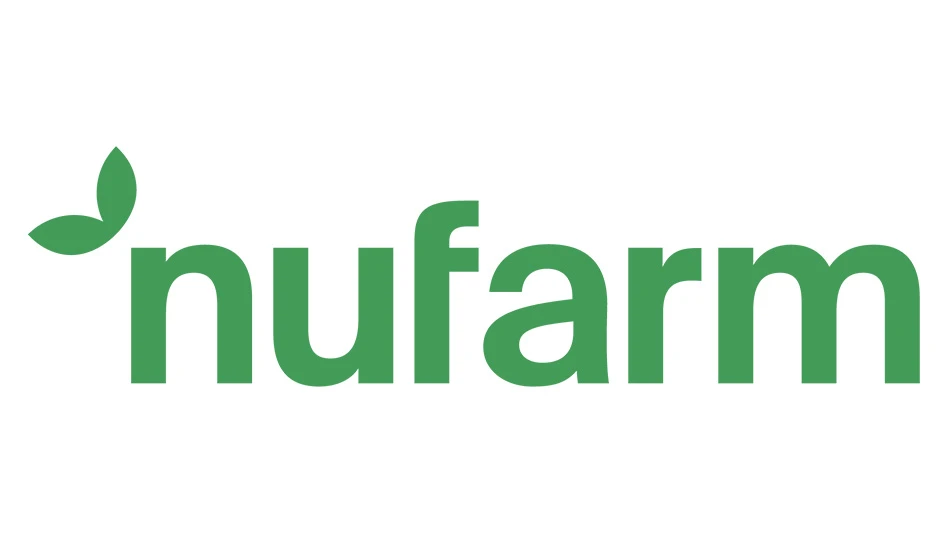
Labor costs coupled with labor shortages present an immense problem for the industry. Adopting automation and adding more efficient production practices is a critical step to overcome the labor problem. And labor issues will continue to cause the nursery industry to shrink. Charlie Hall says investing in automation can be a positive solution, but growers must make sure their investment is strategic in nature. He also says there is likely enough time between now and the next recession for paybacks on investments to occur.
Almost three-fourths of the growers surveyed said hourly rates have increased this year compared with last year, and a little more than 50 percent said annual salaries increased this year.
When asked how growers are attracting younger professionals to work for them, almost half of those surveyed said they weren’t doing anything. That’s somewhat unsettling. Perhaps it’s because they don’t yet need to, but the industry must work together to attract the next generation to horticulture.
Labor continues to be an issue, and the only way we can improve our business is to find more skilled and motivated employees. — George Radtke, W. & E. Radtke, Inc., Wisconsin

Get curated news on YOUR industry.
Enter your email to receive our newsletters.
Explore the November 2016 Issue
Check out more from this issue and find your next story to read.
Latest from Nursery Management
- The HC Companies, Classic Home & Garden merge as Growscape
- Terra Nova releases new echinacea variety, 'Fringe Festival'
- Eason Horticultural Resources will now officially be known as EHR
- BioWorks receives EPA approval for new biological insecticide for thrips, aphids, whiteflies
- Ellen Mackenbach-Lakeman appointed new CEO of Dümmen Orange
- The Growth Industry Episode 3: Across the Pond with Neville Stein
- Southern Garden Tour sets 2025 dates for trial garden open houses
- New book explores plants that thrive in Rocky Mountains






